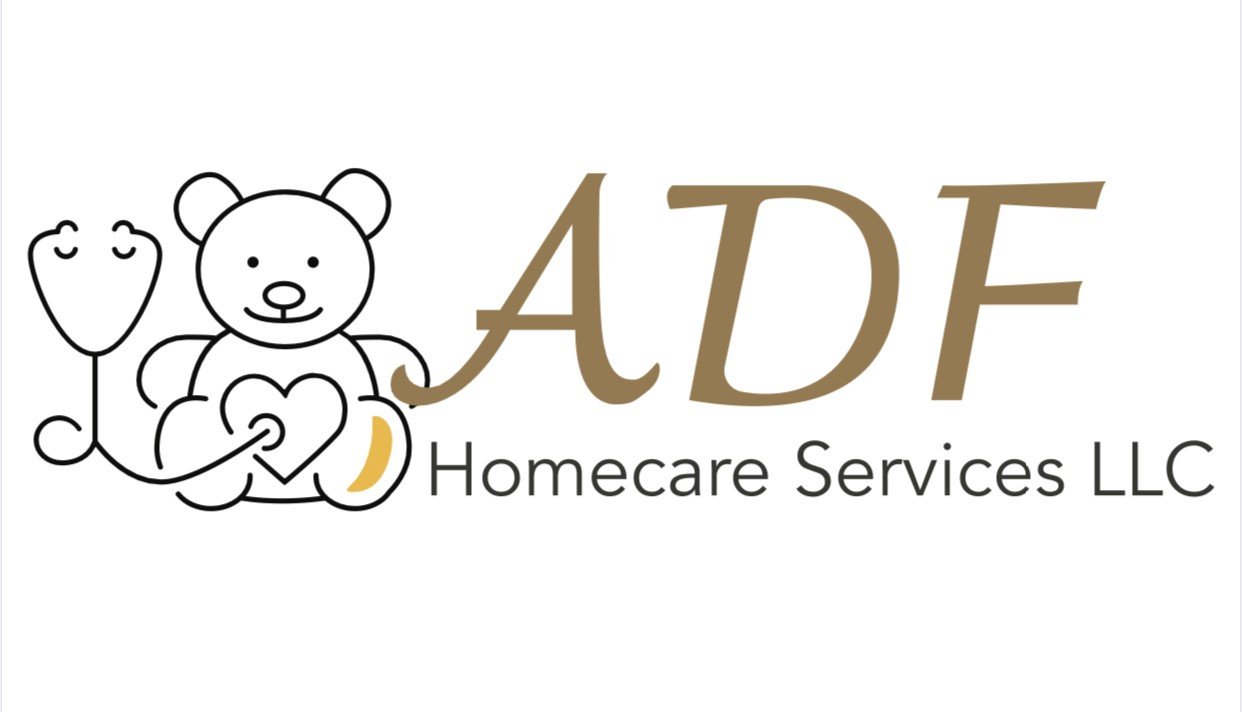According to the NIH, stroke is defined as a result of sudden bleeding in the brain which damages brain cells or a blockage of oxygen rich blood flow which causes damage to the brain. An elderly person that survived stroke, he faces many physical and mental difficulties. Depending on how severe the brain damage is, your loved one will have mobility and cognitive issues. Some of these issues are;
- memory loss
- weakness in an arm or leg
- partial paralysis of the face
- paralysis of one side of the body
- difficulty or loss of ability to speak
Due to the difficulties faced by the stroke survivor, he/she may need help with everyday activities such as bathing, dressing, eating, basic communication, and bathroom breaks. Your loved one would need a sustainable care plan and professional caregiver can provide this. A trained professional has the skills to recover dignity to daily self-care for your loved one. Home care complements existing health care services, thereby relieving the pressure on the overall system.
The professional caregiver performs only non-medical duties, but the medical assistant stays around to notice any unusual health signs. Here are some ways a caregiver can help your loved one manage stroke;
- Change in lifestyle
A caregiver will help your loved one make a difference by changing certain things in his/her lifestyle. He/she will make necessary changes in diet as well by making your loved one eat healthier.
- Healthy home exercises
One of the ways to approach stroke is to bring physical therapy and occupational therapy into the home. A home health care provider can help encourage your loved one to do home exercises and have therapy visits.
- Getting independence
A caregiver helps to work towards getting your loved one more and more independent. By providing assistance when needed, he/she will help your loved one develop the skills and assurance to do more on their own.
- Focus on Care
A home care provider will pay attention to offering help with daily activities like light housekeeping, cooking, errands, and so on. When your provider takes care of these daily tasks help your loved one focus on techniques that help rehabilitation. The provider will also create a personalized treatment plan designed specifically to improve the condition of your loved one.
- Companionship
Companionship is an important part of recovering from any health problem. Home care providers provide companionship, conversation, and encourage safe travelling outside the home. When stroke survivors socialise and interact, it helps in their recovery. It also prevents the patients from becoming discouraged, depressed, and lonely during the healing process.
- Follow-up care
An in-home caregiver helps shoulder appointments, medications, lifestyle changes, and other responsibilities. They ensure that medications are taken on time, consultations with physicians are made, and meal plans are created based on doctor’s nutritional recommendations.
